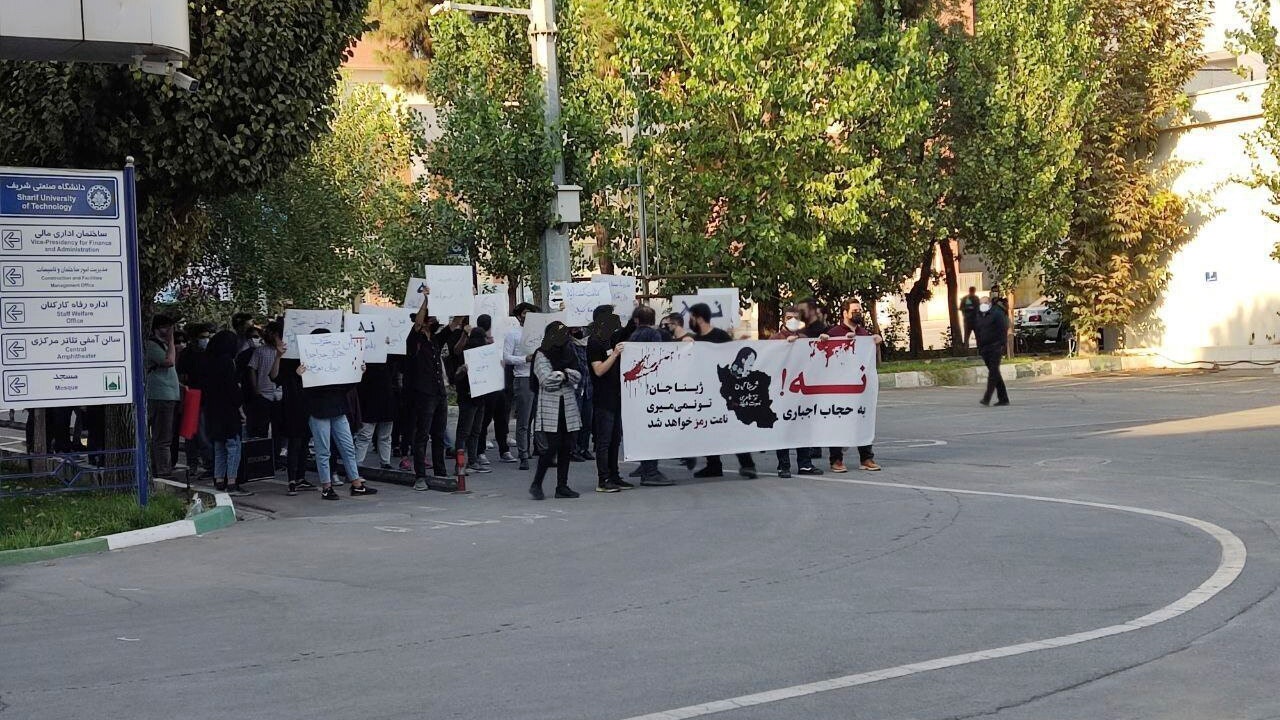Hungary shutters theaters, museums, and stadiums due to inflation and blames Brussels

Some cities are being forced to close down their facilities for the winter as a result of rising energy costs. The European Union is blamed by the government.
They are fresh and represent Viktor Orban’s passion for football. Stadiums that were constructed under the direction of the prime minister of Hungary are currently forced to switch off their lights due to rising electricity costs. They are not alone either. The list of venues that raise the curtain in this country in Central Europe, which has been severely affected by inflation and the energy crisis, grows longer every day and includes theaters, libraries, swimming pools, and renowned hot baths. A rare circumstance that mostly affects the province and that the Hungarians are currently accepting of with resignation.
The first division football team’s stadium in the town of Szekesfehervar, 60 kilometers from Budapest, is no longer accessible. It was built in 2018 and has a capacity for 14,000 spectators. It is often the town’s pride. According to Mayor Andras Cser-Palkovics of the ruling Fidesz party, “There is no taboo.”
In the country of Orban, where stadium construction and renovation are revered, sports are considered to be sacred. However, according to the 48-year-old elected official, who has previously shut down theaters and museums, he “must also contribute to the collective effort.” While acknowledging “that we have no alternative,” he continues, “no one is satisfied with these measures,” which give the community the look of a ghost town.
Geza Deli, 72, who was crossing the main street, said: “Obviously, education and health come first. It’s more necessary to go to the doctor than to witness a football game.” Despite being required to train on smaller fields during the winter break, the players made no complaints. The drastic energy-saving measure has “not significantly affected work,” Mol Fehervar FC stated in a statement.
Andras Cser-Palkovics, who requested the Federation to schedule the matches before dusk, said “after January, we will see what happens.” Honved and Debrecen are two other elite clubs without stadiums.
The “tactic” of Orban
Hungary’s prime leader, who liked to brag about how inexpensive electricity was in his nation, is under pressure as the country gets ready for a hard winter. One of the highest rates of inflation in the EU (21.6% in October over a year), a recession is on the horizon, and the nation is still waiting for 14 billion euros in blocked European subsidies because of issues with corruption and the rule of law.
As teachers protested their starving wages, unrest rose in the streets. Price limits on oil and staple items are causing shortages in stores and gas stations. Viktor Orban attributes the downturn to Brussels. As part of a public consultation, strike posters reading “Sanctions (against Russia) are ruining us” were displayed all throughout the nation.
Andrea Virag of the think tank Republikon sums it up by saying, “It’s the huge game of allegations.” It is obvious that the government’s strategy is to place the entire burden on Europe, a rhetoric that has some success. “Studies reveal that a significant portion of individuals accept the Fidesz narrative and criticize the EU,” the expert says.
If Szekesfehervar has factories on its land, making it one of the wealthiest cities in Hungary, other municipalities facing bankruptcy do not. “Many will not be able to pay the expenses without public assistance. But waiting for a miracle is pointless; it is better to take action on our own. admiration for Andras Cser-Palkovics
Janos Szikaro, the municipal theater’s director, has already located a substitute location where the actors may rehearse during the two-month closure. The septuagenarian says, “We’re not going to sit around impatiently wondering, ‘Oh my God, what’s going to happen?’” as the institution’s empty main hall is silent.


